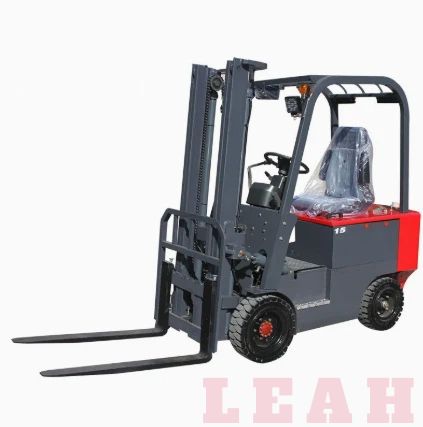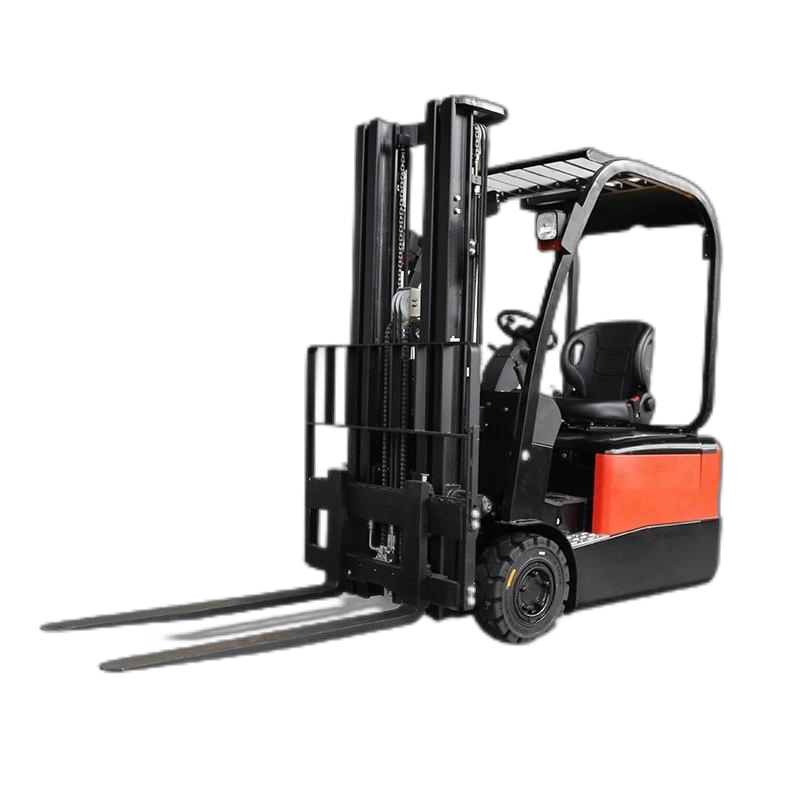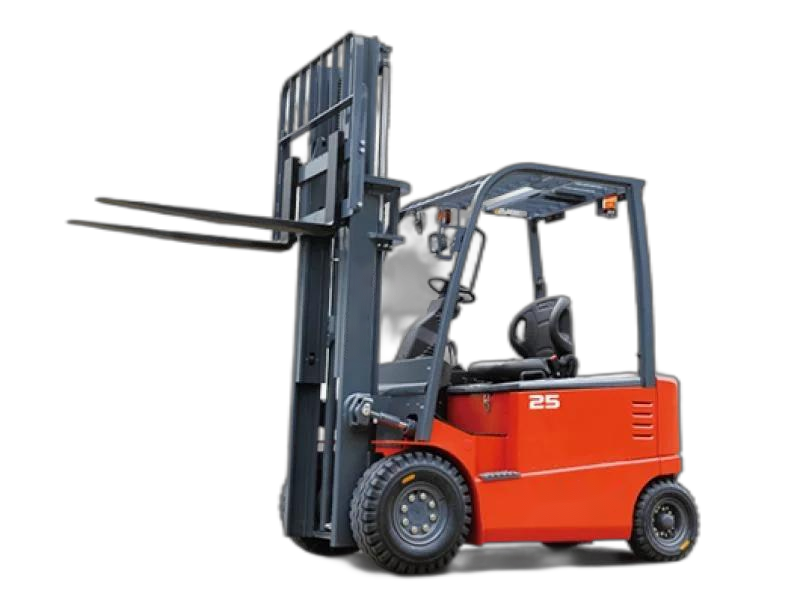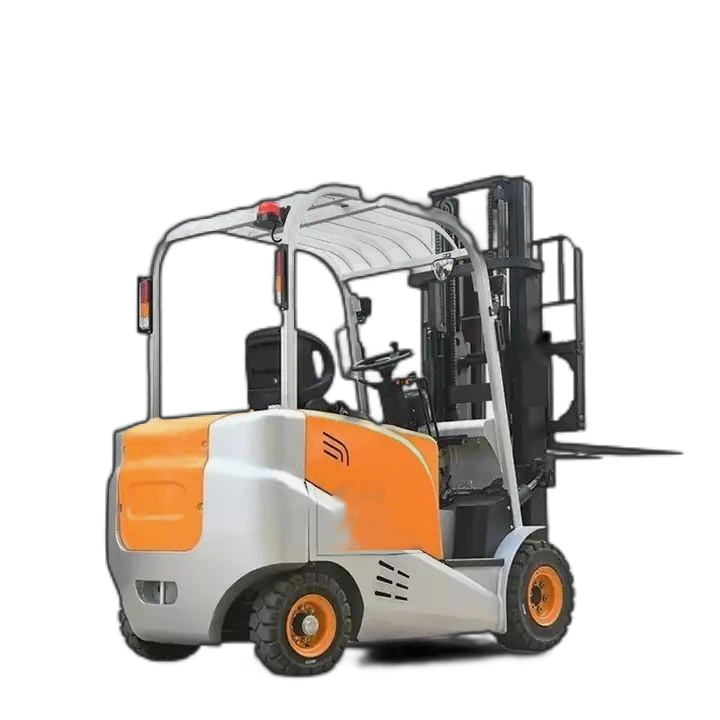As an important piece of equipment in engineering construction, the good operating condition of wheel loaders is inseparable from scientific and reasonable maintenance work. Doing a good job in maintenance can not only extend the service life of the equipment but also improve work efficiency and reduce downtime due to faults. The following are the key contents of wheel loader maintenance:
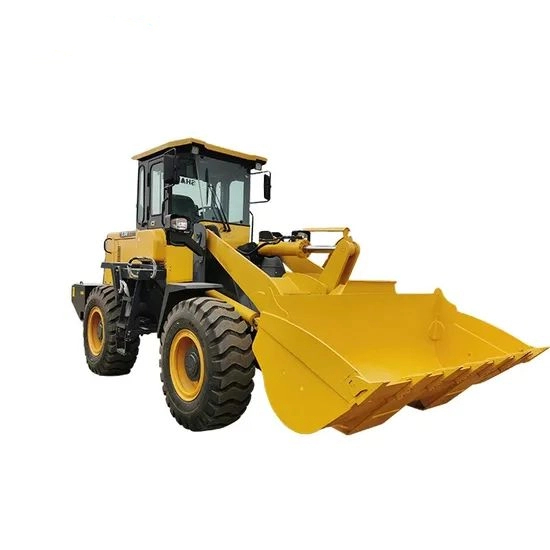
Daily Inspection
Daily inspection is the foundation of maintenance work and should be carried out before and after each operation, mainly including the following aspects:
- Appearance Inspection: Check whether the vehicle body has obvious damage or deformation, whether all components are firmly connected, and whether bolts and nuts are loose or missing. Check the wear degree of the tires, whether the tire pressure is normal, whether there are cracks, bulges or foreign objects embedded in the tread, and whether the rims are deformed.
- Fluids Inspection: Check the oil level and oil quality of the engine oil. The oil level should be between the upper and lower scales of the dipstick, and the oil quality should be clear without impurities or emulsification. At the same time, check whether the liquid levels of coolant, hydraulic oil, transmission oil, brake fluid, etc., are normal and whether there is any leakage.
- System Inspection: After starting the engine, observe whether the instrument indicators are normal and whether there are alarm signals. Check whether the steering system is flexible, whether there is jamming or abnormal noise; whether the braking effect of the brake system is good, whether the stroke of the brake pedal is normal, and whether there is a deviation. In addition, check whether auxiliary equipment such as lights and horns are working normally.
Regular Maintenance
Carry out regular maintenance according to the equipment's instruction manual and working hours. The main contents are as follows:
- Engine Maintenance: Replace engine oil, oil filter, air filter and fuel filter according to the specified cycle. Clean the engine cooling system, remove dust and debris from the surface of the radiator to ensure good heat dissipation. Check the valve clearance and belt tightness of the engine, and adjust if necessary.
- Hydraulic System Maintenance: Regularly replace hydraulic oil and hydraulic oil filters to prevent wear of hydraulic components caused by oil contamination. Check whether the connection of hydraulic pipelines is tight, whether there is aging or damage, and replace damaged pipelines in time. Inspect key components such as hydraulic pumps and hydraulic motors to ensure they work normally.
- Transmission System Maintenance: Check the oil level and oil quality of the transmission oil, and replace the transmission oil and filter on time. Check the connection of drive shafts, universal joints and other components for looseness or wear, and lubricate or replace them if necessary.
- Brake System Maintenance: Regularly check the wear degree of the brake shoes, and replace them in time if they are severely worn. Clean the dust and oil in the brake drum, check whether the brake pipeline is leaking, and ensure the reliability of the brake system.
Handling Common Faults
Wheel loaders may have some common faults during use. Timely handling can avoid the expansion of faults:
- Difficult Engine Start: It may be caused by insufficient fuel supply, insufficient battery power, damaged spark plugs, etc. Check the fuel tank level, whether the fuel pipeline is blocked, measure the battery voltage, and replace the spark plugs if necessary.
- Weak Hydraulic System: It may be caused by insufficient hydraulic oil, hydraulic pump failure, hydraulic valve jamming, etc. It is necessary to check the hydraulic oil level and overhaul or replace the hydraulic pump and hydraulic valve.
- Brake Failure: It is mostly caused by excessive wear of brake shoes, brake fluid leakage or brake master cylinder failure. The brake shoes should be replaced in time, the leakage part should be repaired, and the brake master cylinder should be replaced if necessary.
Long-term Storage Maintenance
If the wheel loader needs to be stored for a long time, the following maintenance work should be done: Park the equipment on a flat and dry site, pull the handbrake, and use pads to prop up the tires to avoid long-term pressure deformation of the tires. Drain all fuel and coolant from the fuel tank and engine, and replace the engine oil and oil filter. Add grease to each lubrication point and apply anti-rust oil to protect the metal surface. Turn off the equipment power and cover it with a dust cover.





